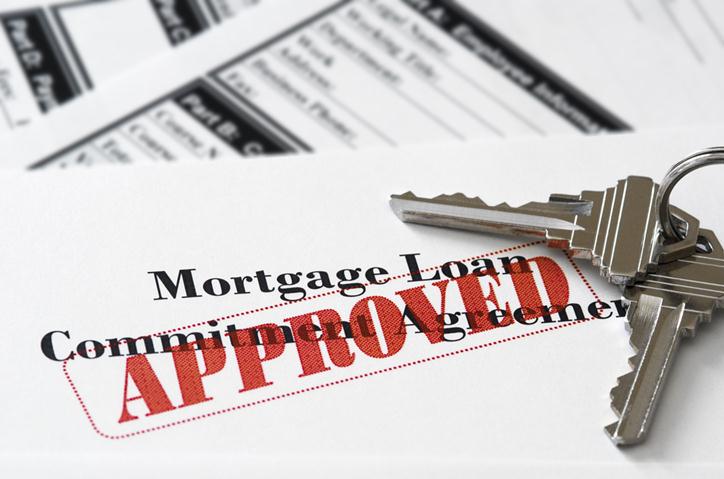Buying a home is one of the most important – and intimidating – financial decisions you can make, and picking a reputable lender who can work with you is a key part of it. Here are some steps to finding the right one.
Get your financial house in order.
They’re going to ask you some questions, and you need to be able to answer them. Get your assets and debt all put together. Make sure your credit score is clear, and take care of any errors or outstanding debts.
Research interest rates.
Get a feel for what the general climate is for rates right now. There are websites you can look at to get the gist so that you have something to compare it to as you call lenders and a clearer picture emerges.
Do high-level research.
Get referrals from friends and family who’ve recently purchased houses, or talk to your realtor, lawyer, or accountant – anyone who has dealt with a lender recently, or who deals with them regularly. You can (and should) also check out reviews online, and see how they stand with the BBB. You’re not going to make a decision right now but you can certainly narrow the field.
Figure out what you want in a lender.
Lots of people look to the name of a big mortgage company. Just because you’ve heard of someone doesn’t mean they’re the best, but their name is backed by reputation, and they may have a wider variety of services. Still, others may prefer hands-on approach of a smaller lender. It’s not a guarantee you’ll be handled with more care, but it doesn’t hurt, either.
Ask questions.
Take notes as you speak with the lender – about the loans, but also about the person you talk to. This person is usually going to be in sales and trying to sell you on their company, and it’s important to remember that. Still, it’s important to find a knowledgeable, confident lender, one who’s invested in you. How responsive are they to your questions? How sensitive are they to your concerns? Would you trust them with the biggest financial decision of your life? Because for most people, that’s exactly what this is.
Get good faith estimates.
Talk to the lenders on your narrowed-down list about what they can offer you. You’ll want to get a good faith estimate from all of them. This is a list of all of the costs you’re looking at – from closing costs to title insurance, interest rates, credit checks, fees, and more. As what your options are. Ask about the total interest you’ll pay on a 15-year vs. a 30-year mortgage, fixed-rate vs. adjustable rate. Now the time to learn these things.
Compare your findings.
You should have asked a lot of lenders a lot of questions by now. You’ll have a few good faith estimates, and probably some conflicting answers to a couple of your questions. This is where you sort it all out. Look for the best deal on the estimates and the total cost of the loan over time, but also think about who seems most invested in you and in your real estate transaction. You want someone who cares and who is competent. The financial aspect takes primacy for most people, but you do want to make sure you can trust the person you’re lending all this money from.
Negotiate.
It doesn’t hurt to see if a fee can be brought down a little here and there.
Lock it in.
Once you’ve made your choice, call to lock in that interest rate, and you’re golden!
Featured Image: depositphoto/pricelessphotos
Posted on May 22, 2023


